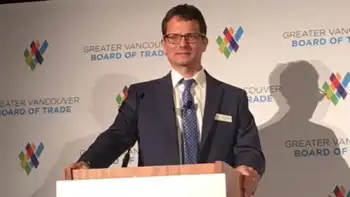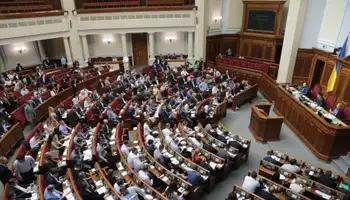Harper confident of Indian nuclear assurances
By Toronto Star
NFPA 70b Training - Electrical Maintenance
Our customized live online or in‑person group training can be delivered to your staff at your location.

- Live Online
- 12 hours Instructor-led
- Group Training Available
The ink is finally dry on a long-negotiated nuclear cooperation agreement between the two countries that will allow Canadian businesses to sell nuclear equipment, material and technology to India for civilian and peaceful use.
Canadian nuclear firms have been forbidden from exporting to the lucrative Indian market since India used Canadian technology to quietly develop nuclear weapons in the 1970s, prompting a chill in diplomatic relations.
Harper has moved to warm relations between the two countries with a series of steps including a trip to India last year, and an invitation to Prime Minister Manmohan Singh to visit Canada — the first by sitting Indian prime minister since 1973 — for a bilateral discussion after the G20 wrapped up.
After the agreement was signed at a downtown Toronto hotel, Harper expressed confidence that Canada would not see a repeat of that uncomfortable episode in history even though India has not signed an international nuclear non-proliferation treaty that makes countries promise not to develop weapons-grade plutonium.
“I think it is important to understand we cannot live as a country in the 1970s. We are living in very different realities today,” Harper said at a news conference alongside Indian Prime Minister Manmohan Singh after the agreement was signed.
“India is a country — a very important country a country that will be even more important in the future — that shares with us key values. It shares with us key interests in the world and faces the same threats that we do.”
Harper noted India had been “forthcoming” in granting Canada the safeguards it asked for in the agreement, which his office said provides assurances at the same level as an international treaty.
Singh called the agreement a “landmark in the development of our relations” and told reporters that India was happy to follow the rules.
“We have a complete civilian control of our nuclear facilities and there is actually no scope whatsoever of nuclear materials being used for unintended purposes,” Singh said.
The two countries also signed memorandums of understanding on post-secondary education, mining and cultural cooperation.
Singh layed a wreath at the site of the memorial to victims of 1985Â’s Air India bombing before going home.
The Indian prime minister spoke out against Sikh extremism in India and Canada as damaging to the relations between the two countries and the asked the Sikh community here to not allow religious institutions to promote extremist views.
“Extremism of all types, mostly of religious variety, I think is something which is not in tune with the growing realities of an integrated or... a globalized community in which people of diverse backgrounds and shades of opinion must learn to live together as brothers and sisters as equal partners in processes of peace ad prosperity,” Singh said.











